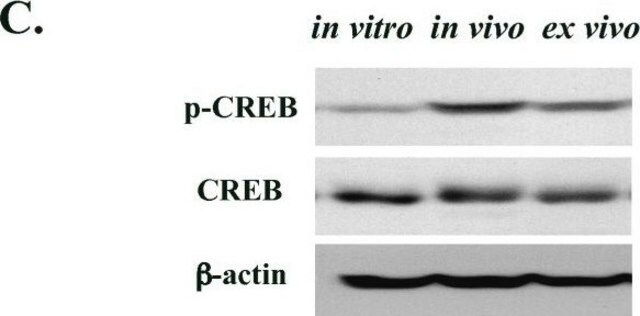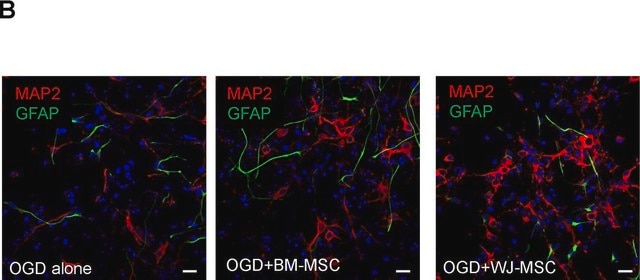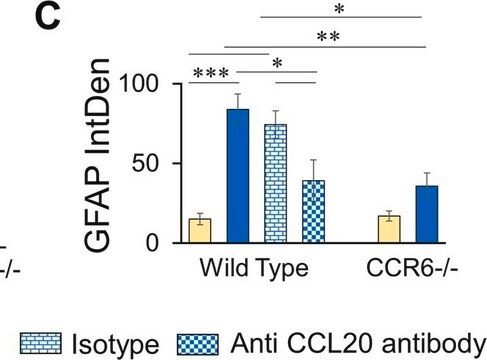MAB5432
Anti-CREB Antibody
Chemicon®, from mouse
Synonym(s):
cAMP-response Element Binding Protein
About This Item
Recommended Products
biological source
mouse
Quality Level
antibody form
purified immunoglobulin
antibody product type
primary antibodies
clone
monoclonal
species reactivity
human, mouse, rat
manufacturer/tradename
Chemicon®
technique(s)
ELISA: suitable
western blot: suitable
isotype
IgG1
NCBI accession no.
UniProt accession no.
shipped in
wet ice
target post-translational modification
unmodified
Gene Information
human ... CREB1(1385)
General description
Specificity
Immunogen
Application
Epigenetics & Nuclear Function
Transcription Factors
ELISA: 0.1-1.0 μg/mL
Optimal working dilutions must be determined by end user.
Linkage
Physical form
Storage and Stability
Analysis Note
Jurkat nuclear extract, A-431 whole cell lysate
Other Notes
Legal Information
Disclaimer
Not finding the right product?
Try our Product Selector Tool.
Storage Class Code
12 - Non Combustible Liquids
WGK
WGK 2
Flash Point(F)
Not applicable
Flash Point(C)
Not applicable
Certificates of Analysis (COA)
Search for Certificates of Analysis (COA) by entering the products Lot/Batch Number. Lot and Batch Numbers can be found on a product’s label following the words ‘Lot’ or ‘Batch’.
Already Own This Product?
Find documentation for the products that you have recently purchased in the Document Library.
Our team of scientists has experience in all areas of research including Life Science, Material Science, Chemical Synthesis, Chromatography, Analytical and many others.
Contact Technical Service








